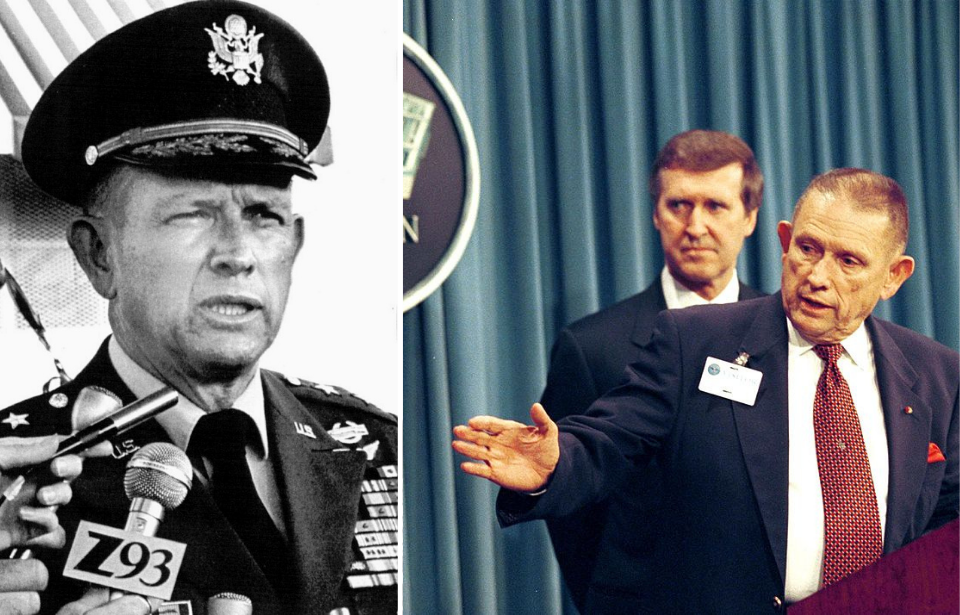There are few US military generals who have as storied and controversial a career as Major General John Singlaub. He fought in three wars before being forced to retire due to a difference of opinion with President Jimmy Carter. This prompted him to delve headfirst into anti-Communist activities, which caught the attention of the Federal Government.
Joining the US Army during WWII
John Singlaub joined the US Army in 1943 and was commissioned as an infantry second lieutenant. In August 1944, he was among the special operations members who were parachuted behind German lines in France as part of Operation Jedburgh. The aim: facilitate the Allied invasion of the country’s Mediterranean coast.
To accomplish this, Singlaub and other commandos worked with the Maquis, rural guerrillas within the French Resistance. During this time, he was struck in the face by German sniper fire. In response, he emptied two Bren light machine gun magazines into the enemy hideout, silencing his attackers.
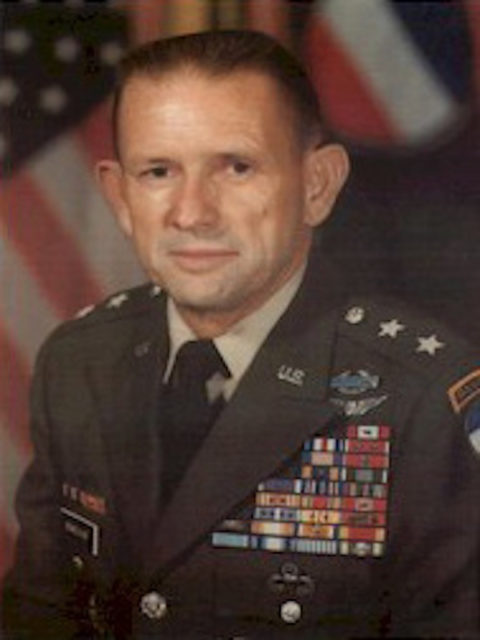
Following the Allied victory in Europe, Singlaub volunteered to be sent to the Pacific, where he was parachuted onto China’s Hainan Island to negotiate the release of American, Dutch and Australian prisoners of war. It came following the American bombings of Nagasaki and Hiroshima, and there were fears the Allied prisoners would be executed in retaliation.
Singlaub and his eight-member team ensured the POWs were given proper medical care and food. It’s estimated he helped liberate some 400 Allied prisoners.
Founding of the CIA and service during the Korean War
Following the conclusion of World War II, Singlaub was stationed in Mukden, where he conducted intelligence operations for the Central Intelligence Agency (CIA), of which he was a founding member. He’d previously served with the Office of Strategic Services (OSS) and its successor, the Strategic Services Unit (SSU).
The American forces were allowed to remain in the Manchurian city until 1948, at which time it fell to the Chinese Communist forces.
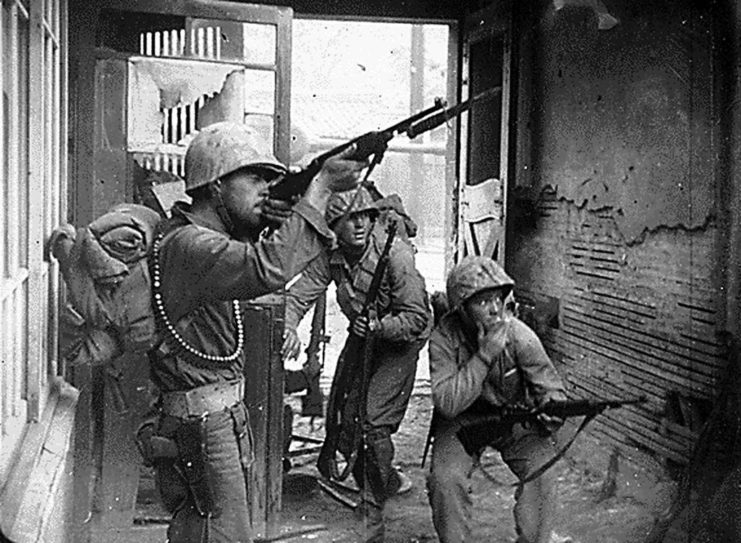
Singlaub served two combat tours during the Korean War. Along with commanding an infantry battalion, he served with the Joint Advisory Commission, Korea (JACK) and conducted secret operations against China and North Korea.
Vietnam and the MACV-SOG
During the Vietnam War, Singlaub served with the Military Assistance Command Vietnam-Studies and Observations Group (MACV-SOG). Established in 1964 and made up of Navy SEALs, air commandos and Special Forces members, it was given the authorization to conduct covert cross-border operations in Thailand, Laos, Cambodia and North Vietnam. It’s primary target was the Ho Chi Minh Trail.
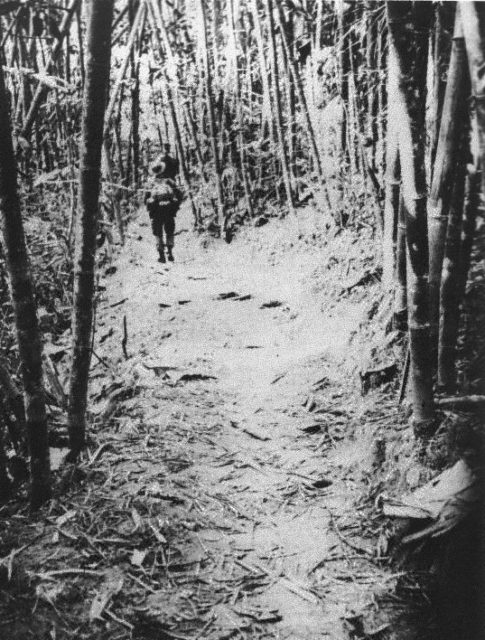
In 1966, Singlaub was appointed the Chief SOG and held the role until August 1968, when he was replaced by Colonel Stephen Cavanaugh. He is best known during this time for fighting the US State Department to better arm those forces stationed in Cambodia.
Disagreements with President Carter and retirement
In 1977, Singlaub was serving as the Chief of Staff of US forces in South Korea, the third-ranking Army official on the Korean peninsula. It was during this posting that he caught the ire of President Jimmy Carter, after he spoke out in opposition to the president’s pledge to recall 32,000 troops from the region.
Carter’s comments went against the opinions of military officials, who’d called for more US troops to be sent to South Korea to reinforce its border with the North. Carter relieved him of his post for overstepping his bounds and failing to respect the president’s authority, and he was reassigned as the Chief of Staff at the Army Forces Command at Fort McPherson, Georgia.
In a twist of irony, Carter eventually reversed his plan to have the troops returned to the US.
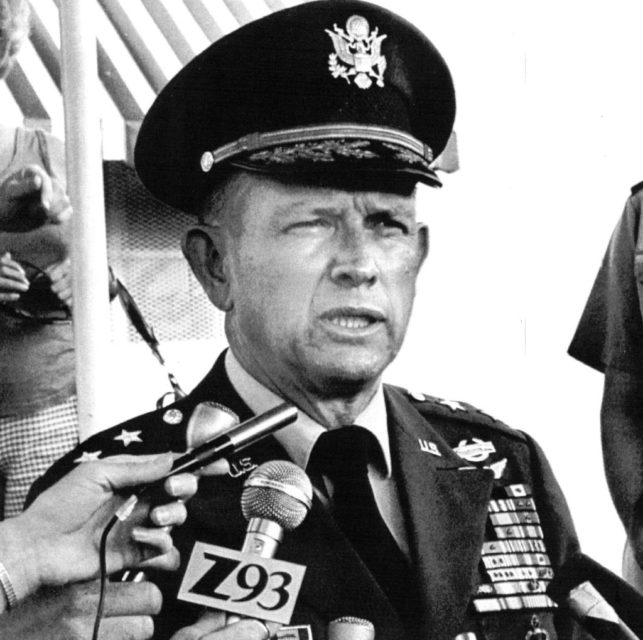
Issues between Singlaub and Carter continued, when, during a lecture before ROTC cadets at Georgia Tech, he called Carter’s choice to not produce a neutron bomb “military unsound” and “ridiculous.” He also criticized the president for his decision to forfeit control of the Panama Canal.
The Army immediately ordered he report to the Pentagon, where on June 1, 1978 he retired.
Anti-Communist activities during the Cold War
Following his retirement from the Army, Singlaub delved into anti-Communist activities. In 1979, he co-founded the Western Goals Foundation alongside Larry McDonald and John Rees, and in 1981 founded the US chapter of the World Anti-Communist League (WACL), the United States Council for World Freedom.
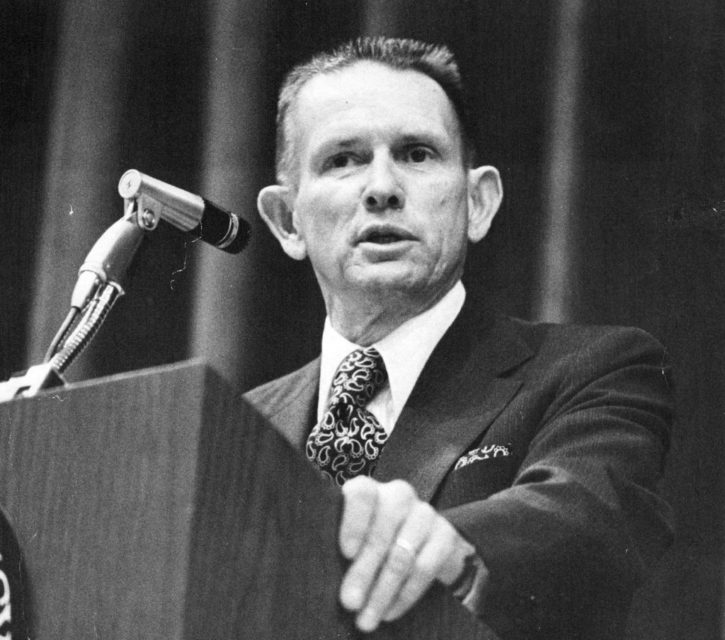
Working as a private citizen, he helped fund the movement of weapons, money and supplies to rebel forces fighting against the Communist regimes of the Soviet Union and Cuba. In May 1987, he testified before Congress during its inquiry into the Iran-Contra Affair, the government’s secret sale of arms to Iran during Ronald Reagan’s presidency.
Singlaub was not accused of any wrongdoing following the official investigation.
Later life and death
Throughout his retirement, Singlaub contributed to various books and even wrote a memoir. In 2006, he was inducted into the US Army Ranger Hall of Fame, and the next year was named a Distinguished Member of the Special Forces Regiment.
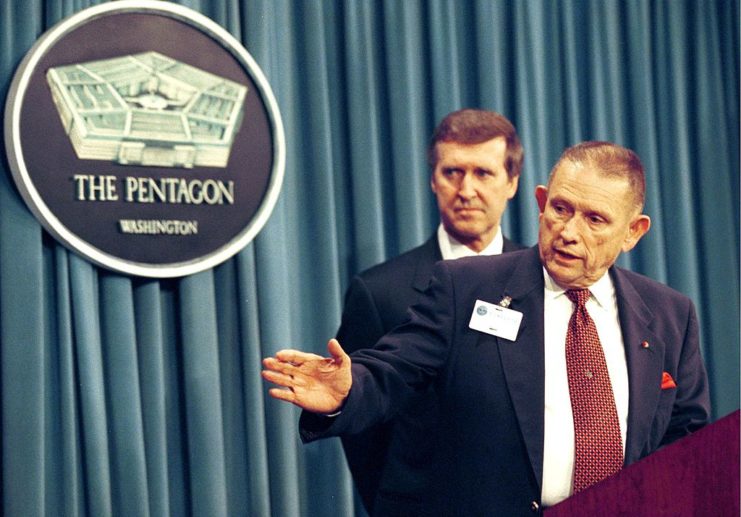
On January 29, 2022, Singlaub died at his home in Franklin, Tennessee at the age of 100. During his military service, he was awarded numerous commendations, including the Purple Heart with oak cluster, the Silver Star, the Bronze Star with oak cluster, and the Army Distinguished Service Medal with oak leaf cluster.
